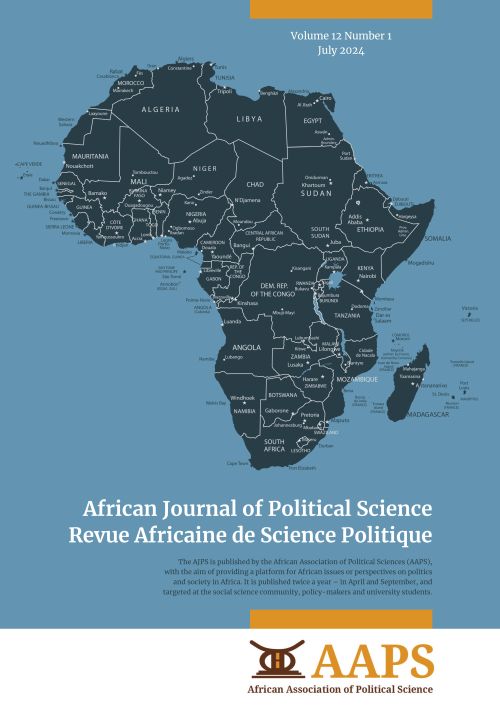Main Article Content
Effects of Ethiopia’s landlocked status on ties with its neighbours
Abstract
This study looks at Ethiopia’s landlocked status and the economic, security, and political implications for the country’s relations with its neighbors. Furthermore, it addresses potential threats arising from the implications as well as potential solutions. Ethiopia lost its sea outlet after 1991. As a result, it is incurring significant costs to cover port fees and other related costs. Ethiopia’s economy is suffering as a result of the high cost. A literature review is used as a source of data to investigate the implications of Ethiopia’s landlocked status in relation to its ties with neighboring countries. Books, journals, internet materials, and media outlets were consulted in this regard. Furthermore, a key informant interview was conducted to collect up-to-date data and information that supports the findings of the literature review. The security and political aspects are discussed in light of East Africa’s security, neighboring countries’ interests, and the presence of foreign powers in the region. This study underlines that Ethiopia’s landlocked status has implications for its security and political affairs. Ethiopia’s landlocked status is primarily due to the country’s political leadership. Ethiopia can deal with the consequences of its landlocked status by establishing a stable political system and developing a compatible economic policy. In this regard, Ethiopia should learn from other countries how to overcome the negative effects of landlockedness, as there are developed landlocked countries.




